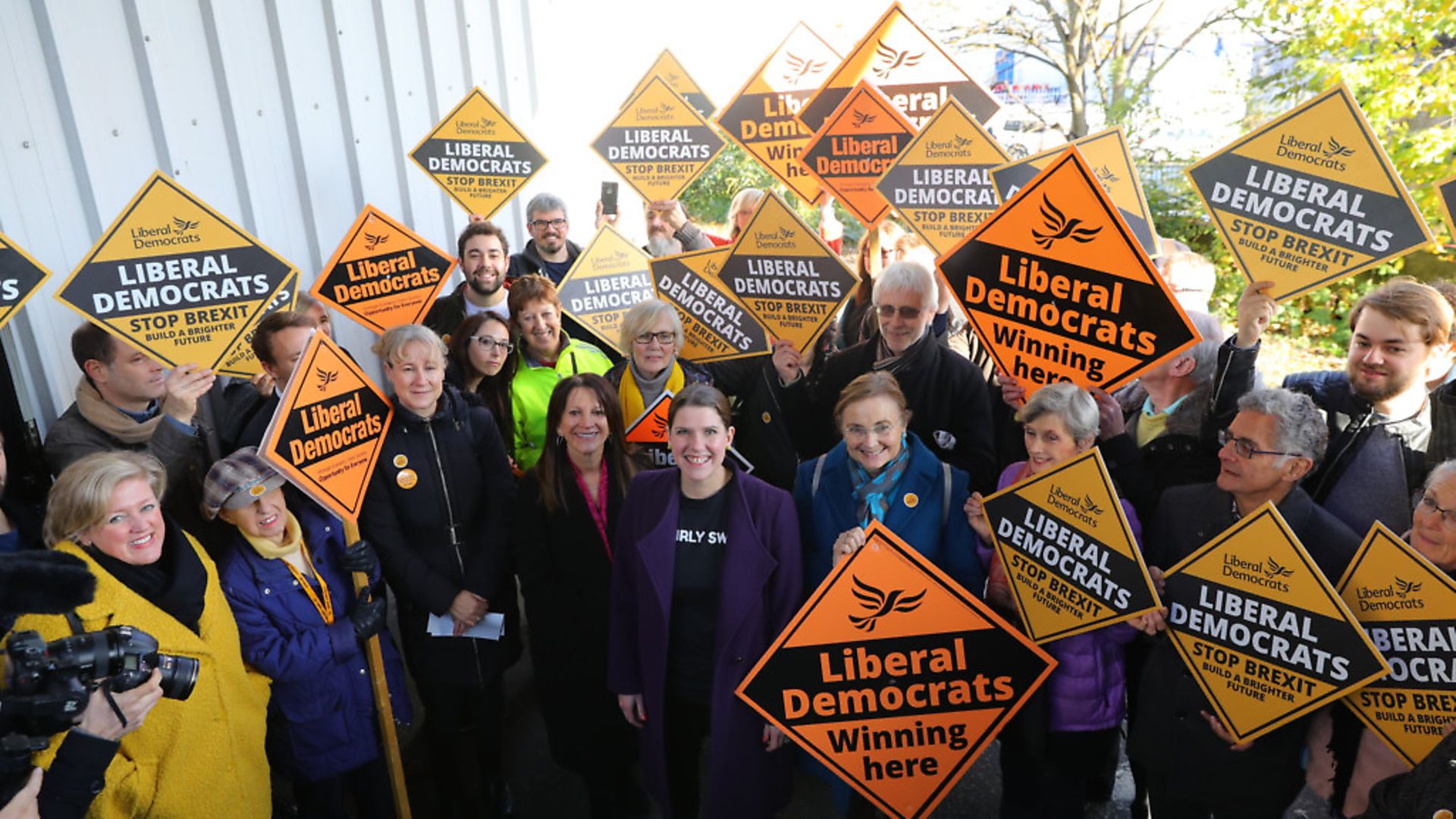
The Liberal Democrat leadership election could decide who becomes PM, says ANDREW ADONIS. With front-runner Ed Davey’s support, Keir Starmer stands his best chance.

You may not have noticed it is happening, but the Liberal Democrat leadership election may decide the outcome of the next election.
I know the Lib Dems only have enough MPs to fill a phone box, in the days when we were allowed in such close proximity, but the last election restored them as the second party in swathes of Tory Britain (91 seats) where either the Lib Dems win or the Tories continue. They polled 11.5% of the national vote, which was almost exactly the difference between Labour and the Tories.
Unless the Lib Dems swing decisively behind Labour, both in ideology and electoral tactics, it is hard to see a winning strategy for Keir Starmer’s Labour party in the 2024 election.
Ah, say my Labour friends, but Labour won the 1997 election outright without needing those pesky Lib Dems with their opportunistic street campaigning which is often as anti-Labour as anti-Tory. And look at the appalling Cameron-Clegg coalition! We have to win without them or we won’t win at all.
This is nonsense. To secure a bare majority, Starmer needs to win an extra 123 seats at the next election. Only one leader has achieved that in the entire post-war era: Tony Blair in 1997. I have come to rate Starmer, after doubting his caution in the early days of Brexit, but even his greatest admirers concede that his appeal to Middle England doesn’t quite match the greatest electoral maestro in British history.
Part of Blair’s genius was to create a ‘two against one’ party system where, for the first two of his three victories, the Lib Dems were explicitly supportive of Labour over the Tories. In the third, in 2005, they sat on the fence because of Iraq.
However, in all three of his victories Lib Dem voters were mostly happy to vote Labour in Tory-Labour marginals, and there was barely a cigarette paper between the parties on economic and social policy or Europe.
The difference was on constitutional reform, where the Blair government did some of the big reforms favoured by Paddy Ashdown and Charles Kennedy – notably devolution to Scotland, Wales and London – but not electoral reform for Westminster.
Have your say
Send your letters for publication to The New European by emailing letters@theneweuropean.co.uk and pick up an edition each Thursday for more comment and analysis. Find your nearest stockist here or subscribe to a print or digital edition for just £13. You can also join our readers' Facebook group to keep the discussion and debate going with thousands of fellow pro-Europeans.
In 2010, by contrast, the Lib Dems lurched ideologically towards the Tories under their right-wing leader Nick Clegg, who promptly went into coalition with Cameron after the hung parliament result. What followed – austerity, Brexit, Corbyn – is painful history.
The front-runner for the Lib Dem leadership this time is Sir Ed Davey. In the long distant days when I was plain Mr Adonis and he Mr Davey, almost Master Davey, I taught him political history at university.
So he knows all about the Gladstone-MacDonald pact which brought Labour into parliament in large numbers for the first time in the 1906 election.
The pact was crucial to the Liberals under Sir Henry Campbell-Bannerman winning that election and the following two under Asquith.
The key point about the Gladstone-MacDonald pact is that it was a full electoral alliance. The two parties agreed to stand down in each other’s favour and there was a single Liberal or Labour candidate to take on the Tory in most constituencies.
They also agreed on a broad political programme, including greater trade union rights and the foundation stones of the welfare state, notably progressive taxation, old age pensions, and unemployment and sickness insurance. They also united to limit to the powers of the aristocratic House of Lords, which was vital to any of this being enacted.
For 2024 I would like to see a Starmer-Davey pact on the same lines. Ideologically this would not be hard. Sir Keir is essentially a left liberal, whose personal passion is human rights, which is roughly the same as Sir Ed.
They would both need to do smart footwork with local party activists not wild about standing down for rival parties even in unwinnable seats, but knights of the realm are supposedly adept at dancing around such obstacles.
Oh, and what did Mr Blair actually want to do in 1997? His aim was to form a coalition with the Lib Dems. But unfortunately he did too well in the election, thanks to his informal pact with them.









